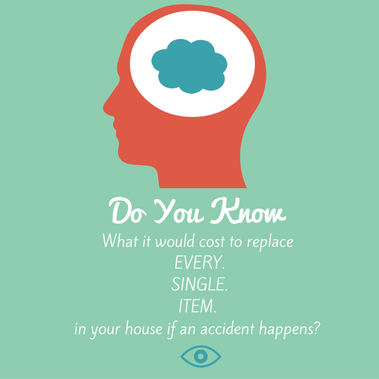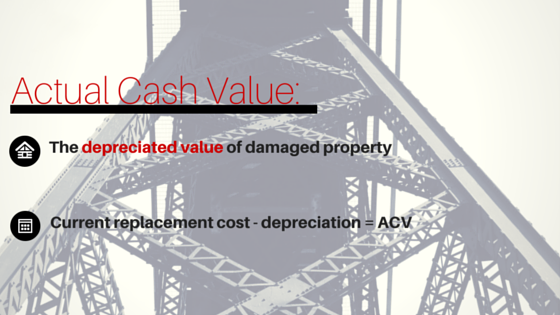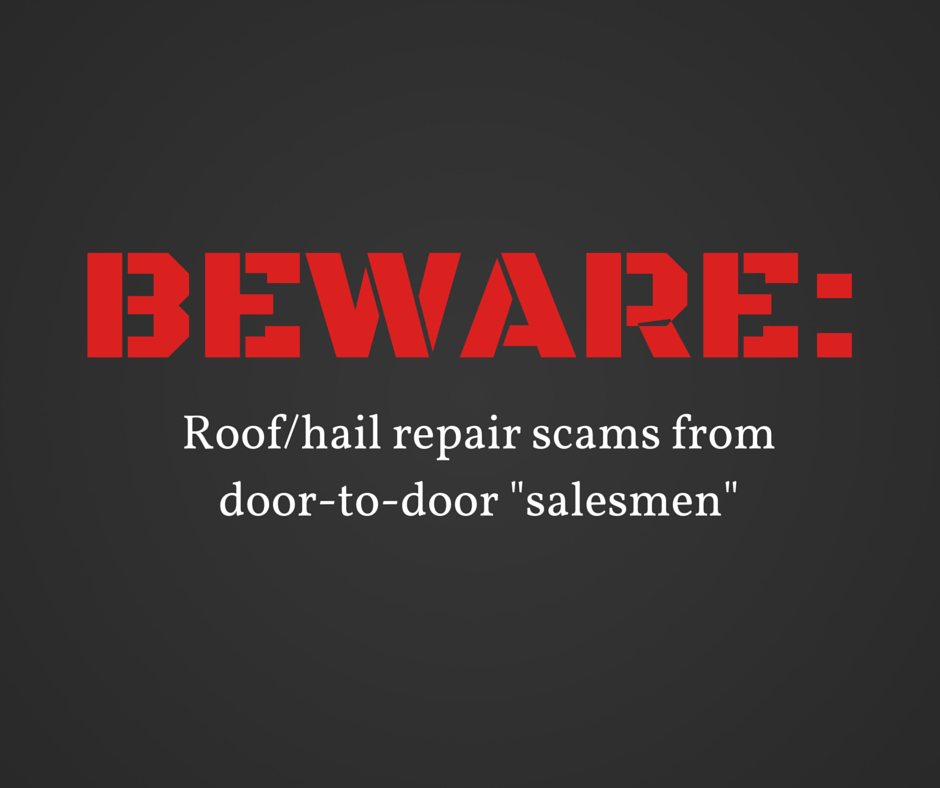|
Spring is here in Nebraska and if you are like many you are already dealing with severe thunderstorms.
When hail storms, lightning strikes or tornadoes happen you might be digging out your policy to see what you are covered for. If your property is damaged and you file a claim, there are a couple of ways the repair/replacement will take place. You could receive full value replacement, or an actual cash value replacement. So you might still be asking, what exactly does actual cash value mean? When "actual cash value" is used in a policy, a policy owner is entitled to the depreciated value of the damaged property. In other words that means the insurance company takes the Current Replacement Cost – Depreciation = Actual Cash Value of the item. The reason behind this is that it recognizes the reduction of value as the property ages, becomes obsolete, and is subject to wear and tear. In some cases you can talk to your insurance agent and they will guide you on what requirements it takes to have a different valuation method for your items if possible. This method of valuation can apply to personal property, your roof, your actual home, additional structures like awning or window coverings, and etc. Many times “actual cash value” will be abbreviated to ACV. A common example of when ACV is used in a policy is if a roof on a home is getting old or worn down, the insurance company will likely tell you to either replace the roof before something bad happens or that damages will be moved to an actual cash value basis. A homeowner may be asked by a contractor to sign an agreement whereby the homeowner assigns all rights and benefits under his insurance policy to the contractor. The homeowner usually does not even realize he has done this, or doesn’t understand the implications of it.
Why this is an issue is because assignments of benefits are NOT necessary.
Claims are already hard enough to go through and with these storms passing through the area, scammers are already targeting homeowners! If you have suspicions about a contractor that comes to your door, deny the service and find a trusted contractor. If you are unsure about who to trust, work closely with your insurance adjuster and agent. They work with claims frequently and will have trusted business relationships with genuine contractors. We are here to serve YOU first! Insurance carriers require that an insured party insure at least 80% of the property's value in order to collect a partial loss in full.
 When "replacement cost" coverage is used in a policy, a policy owner is reimbursed an amount necessary to replace the article with like kind and quality at current prices without any deduction for depreciation. So that means if your two year old TV was damaged in a storm, if the model of your TV is still being sold then it is likely you will receive that same TV. If not however, then you would receive a newer TV that is very similar to the one you originally owned. Many companies require that if you want to have replacement cost coverage on your items that you have at least 80% of the property’s value covered at the time of loss. A woman was denied an insurance claim because of her dog, this is very sad but not an uncommon situation. Unfortunately this is a classic example of how important it is for the insurance agent to know their customers.
Homeowners insurance is a form of personal lines insurance. The typical homeowner’s policy has two main sections:
There are different types of homeowner’s policies depending on what type of coverage is necessary. The types are divided based on what perils (or causes of loss) they cover. The types are numbered 1-6 and 8. |
Just for you!This blog is to serve as a learning center created just for you! Have suggestions? Don't be afraid to speak up, we encourage you to send us your thoughts, needs, and wants! Archives
July 2016
Categories
All
|
Services |
Company |
|




 RSS Feed
RSS Feed
